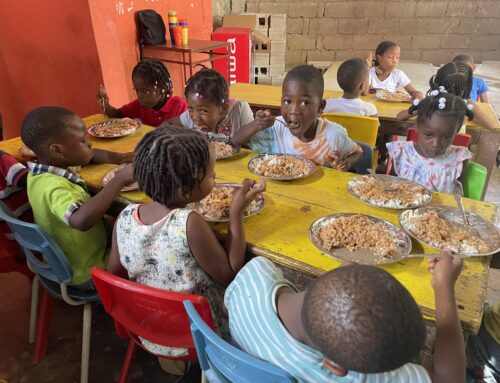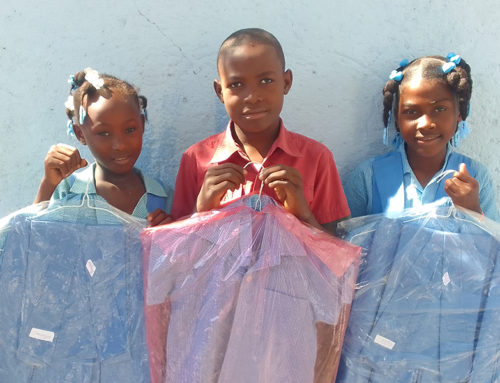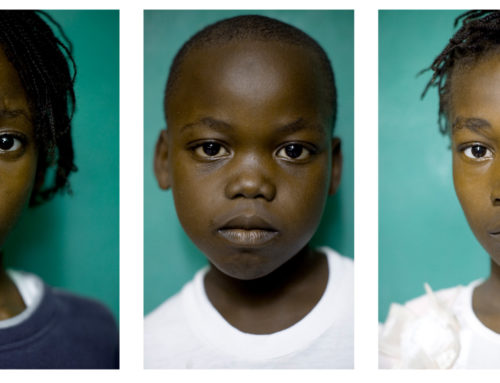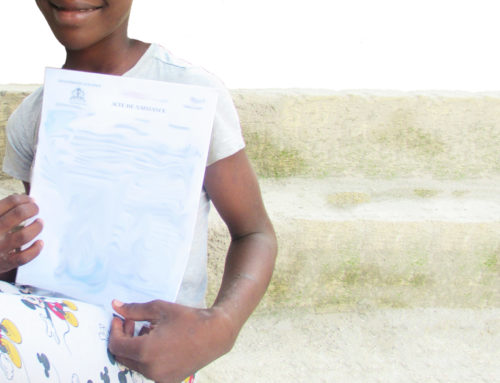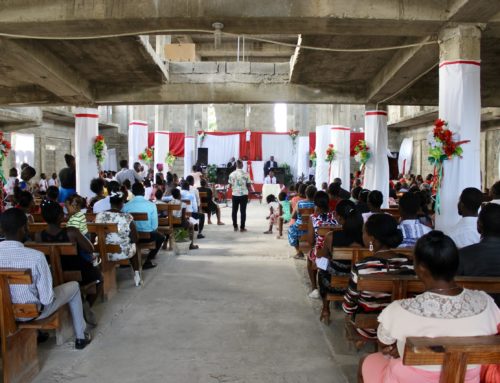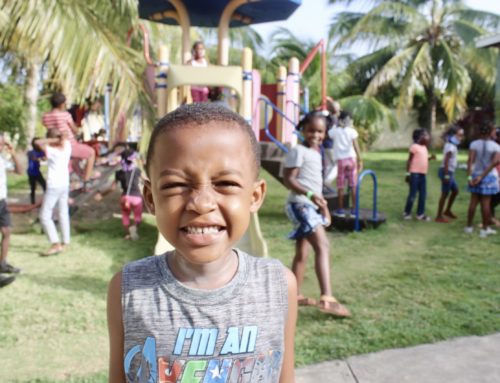
The Caribbean island of Haiti has a rich history full of vivid beauty and heartbreaking tragedy. Its culture is a blend of European and African traditions stemming from the French colonization of San Domingue and the slave practices which brought many of Haiti’s ancestors to its shores. The Haitian people of today reflect the unique nuances of this history in their approach to faith, family, art, and everyday life.
Read on to learn more about 5 important aspects of Haitian culture that can help you gain an understanding of this beautiful island and its resilient people.
Faith
The majority of Haiti identifies as Christian due to heavy European influences when the country was settled and populated. 80% of Haitian Christians identify as Catholic and only 16% identify as protestant. However, there is another religious practice that coexists alongside Christianity and that is the cultural practice of vodou. Vodou centers around the idea of bad spirits at work on the island and uses candles, incense, and oils, which are intended to appease bad spirits and bring order to chaos and pain.
Music and Dance
Dancing is a part of the Haitian way of life and the music of Haiti draws upon Caribbean, French, African, and Spanish influences. Dancing is a way of life in Haiti, and in some cases can be a part of the religious practices of Haitian vodou. Carnival, one of Haiti’s most celebrated festivals, centers around dancing, as do many social activities such as weddings and church functions.
Football (Soccer)
Although basketball is growing in popularity, there is really only one sport in Haiti and that is football, which we in America refer to as soccer. From their small, local soccer clubs to their talented national teams, Haitians are seriously passionate about the sport. The Haitian National team, also called Les Grenadiers, Le Rouge et Bleu, and Les Bicolores has been a member of FIFA since 1934 and has participated in the World Cup championship once in 1974.
Family
Despite the confusion that comes with the restavek system, the Haitian people value family above all else. In the midst of the poverty that dominates decision making, parents will sacrifice their own health and lives for the good of the Haitian children, whom they consider “gifts from God.” Extended family is essential to the Haitian way of life and family groups support each other and work as a unit to survive and raise children.
Folklore & Mythology
Haitian folklore is a unique and essential part of Haitian culture and was used by the Haitian dictator Papa Doc to enforce the beliefs of his brutal regime. Folktales often center around mischievous characters or ways to appease the “loa” or spirits at work in Haitian vodou.
Restavek Freedom is a child advocacy organization that exists to bring freedom to children in need and end the restavek system in Haiti. We understand that every precious child matters but that to end slavery, you have to start at the roots. This is why Restavek Freedom is working to educate local officials and leaders on the rights of children and the devastating effects of abuse and child slavery. Click here to learn more about our mission to end slavery or here to sponsor children in need.


